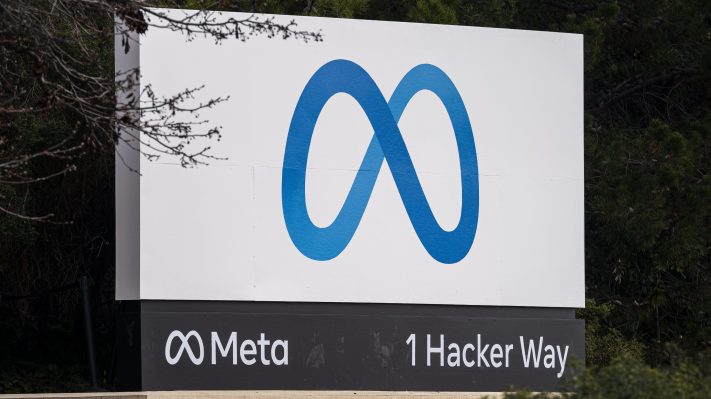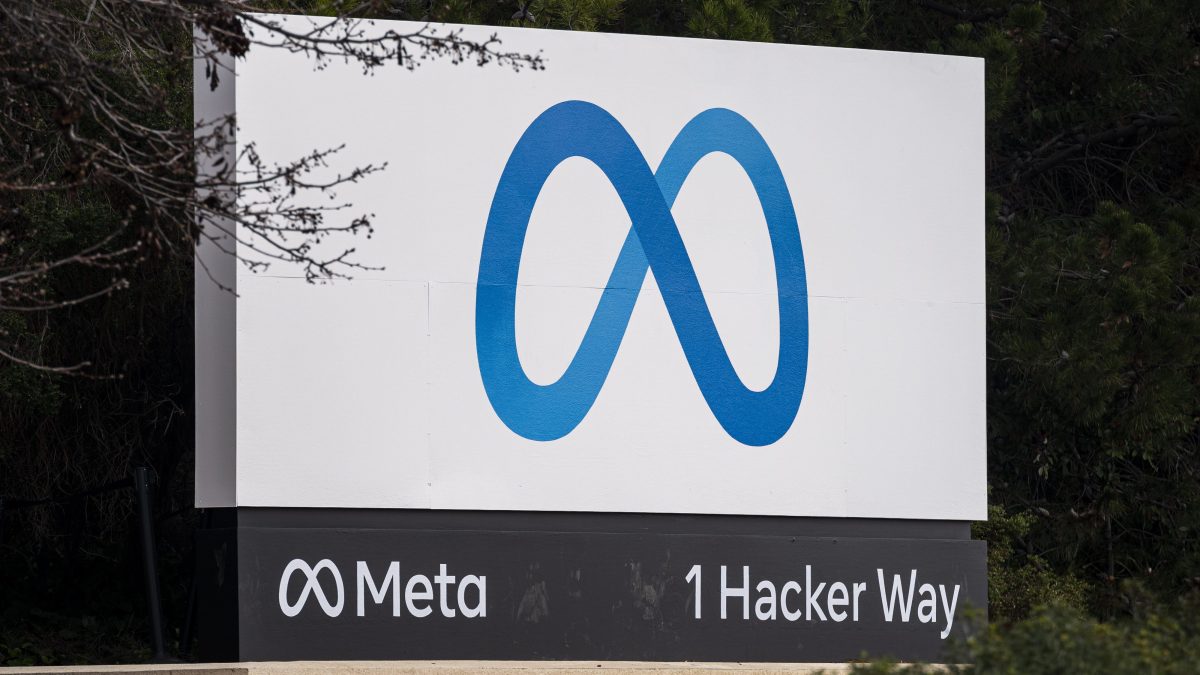Meta’s content review in Africa in limbo as moderation partners decry court restrictions

Meta’s main content review partners in Africa have been restrained from offering moderation services to the social media giant, and it is unclear who is currently assessing its platforms in sub-Saharan Africa.
A Kenyan court through interim injunctions barred Meta from engaging its new partner, Majorel, reserving that role for Sama, the outgoing subcontractor, in the interim.
However, it has emerged that Sama sent all its content moderators on paid leave beginning April 1st, leaving a vacuum. This is after the court blocked Sama from laying off over 200 moderators at its hub in Kenya after the company wound down its content moderation arm to concentrate on labeling work (computer vision data annotation).
Some of the moderators had filed an emergency petition mid-March claiming illegal firing by the company, and blacklisting by Meta and Majorel, leading to the orders that were upheld Thursday.
It has also surfaced that the moderators’ contracts expired on March 31st, and that Sama could not vary the employment terms as the interim orders issued by the court blocked it from making any reviews. Similarly, Sama’s contract with Meta ended in March.
The court had directed Sama to serve as Meta’s sole content review provider until the case was heard. It also barred the social media giant from engaging any other party, including Majorel, Sama’s replacement, to serve sub-Saharan Africa.
In the orders, the court restrained Meta from engaging “through employment, subcontracting, or any manner whatsoever, content moderators to serve the Eastern and Southern African region through the 4th respondent (Majorel) or through any other agent, partner or representative, or in any manner whatsoever, engaging moderators to do the work currently being done by the moderators engaged through the 3rd respondent (Sama) pending the hearing of this application.”
In affidavits filed in court and seen by TechCrunch, Majorel decried the orders barring it from offering content review services to Meta saying they threaten its business continuity, and livelihoods of 200 moderators it hired after setting a hub in Kenya late last year.
“For as long as the interim orders made by the court preventing it from performing the content moderation projection remain in place, that the revenue it expected to cover the investments made by the 4th Petitioner (Majorel) is at risk and may be lost,” Sven Alfons A De Cauter, Majorel director, said in the affidavit.
Additionally, Sama also said that its contract with Meta had ended, and was accruing a huge wage bill keeping the moderators with no job.
As Majorel and Sama await the determination of the petition, Meta has engaged other providers, stoking contempt of court claims by Nzili and Sumbi Advocates, the law firm representing the petitioners. It was not immediately clear who the other subcontractors were but a Meta spokesperson told TechCrunch it was working with “global partners.”
What is not clear is if the “global partners” can properly sift through content written in hundreds of languages used across Africa – the reason why Sama and Majorel sourced moderators across the continent including from Ethiopia, Uganda, Somalia, and South Africa.
Yet, not having enough personnel, with an understanding of local languages and context, to moderate content, is already a basis of another case Meta is facing in Kenya, accusing it of fueling the Tigray war that led to deaths of over half a million people.
The moderators sift through social media posts on Meta’s platforms to remove content perpetrating and perpetuating hate, misinformation and violence.




